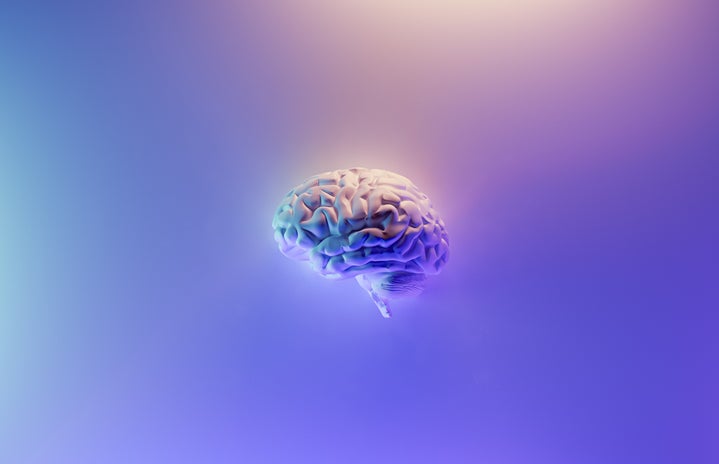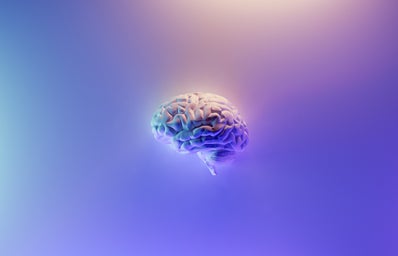The cramping, bloating, mood swings, and Ben & Jerry’s-binging that usually go hand-in-hand with menstruation tend to give it a pretty bad rap. But recent research has shown that the changes that occur in a woman’s brain throughout the menstrual cycle can have some very significant advantages for female cognitive abilities. The next time someone dismisses your irritable mood with a nonchalant “it’s that time of the month,” you can tell them that actually, “that time of the month” can be a really good thing. Here’s why.
Since the 1930s, scientists have studied the menstrual cycle in detail to investigate how the variation between female and male hormones affects differences in behaviour. In female hormone research, the negative effects of premenstrual syndrome (PMS) tend to take the spotlight. However, more recent research has attempted to explore other effects of menstruation, and suggests that female sex hormones can enhance women’s brains.
Here’s the science. At the start of ovulation, the ovaries produce more oestrogen and progesterone to thicken the womb lining and prepare for the release of an egg. Psychologist Pauline Maki and her colleagues conducted a study at the Gerontology Research Centre in 2002 to investigate how these female menstrual hormones affect cognition over a given month. The researchers assessed the abilities of sixteen women to perform certain tasks just after their period, when oestrogen and progesterone were low, as well as about a week after they ovulated, when oestrogen and progesterone were high. fMRI evidence showed that the hippocampus, the area of the brain responsible for memory storage, as well as the amygdala, the area of the brain that processes emotions, both increased in size due to higher hormone levels. When these brain areas were enlarged, the women performed better in tasks involving spatial awareness, imagination, implicit memory (effortless memories like singing a familiar song), social perception (such as the ability to detect fear), and flexible problem-solving using both brain hemispheres – all skills that involve the hippocampus or amygdala. When these brain areas were smaller (before ovulation), they had more difficulty with the tasks and were overall more anxious and less focused.
Although Maki’s study only monitored sixteen individuals, the results were consistent amongst the women, and provide significant evidence that female hormones associated with menstruation can improve certain cognitive abilities. Other studies have supported Maki and her colleagues’ findings, suggesting that progesterone in particular does in fact boost activation and physical size of the hippocampus and amygdala during the second half of the menstrual cycle. Despite the limited research on the topic, scientific interest in the field is rapidly increasing as we learn more about how menstruation alters female behaviour.
The cognitive enhancements demonstrated in these studies suggest the potential for even more groundbreaking research regarding the menstrual cycle. By understanding changes in our body and brain, we can begin to alter our daily habits to maximize cognitive function. I’m thinking along the lines of “sorry, I can’t do my presentation until next week when my progesterone is higher and my brain is bigger!”, but I may be getting ahead of myself. Either way, the concept of menstruation physically altering the brain in a positive way is very exciting, and definitely an area of research to keep an eye on as we learn more about how our bodies function.


